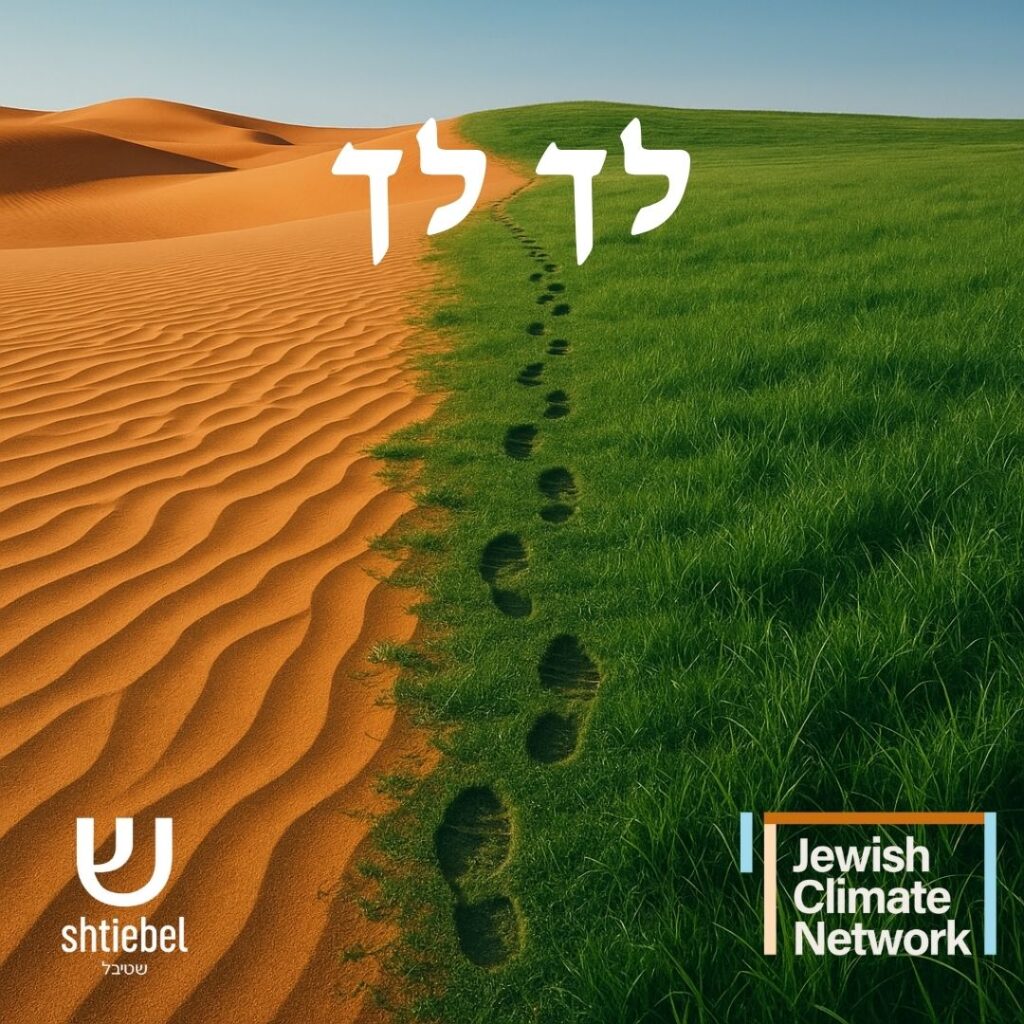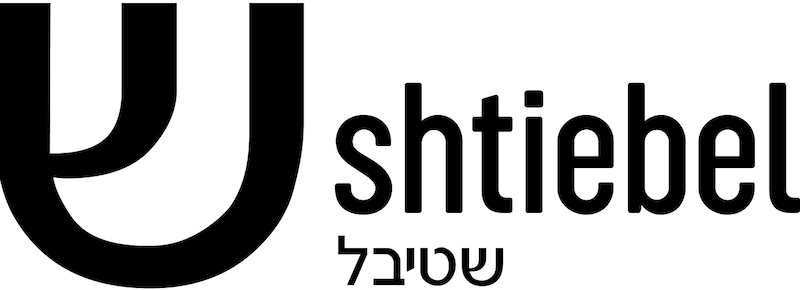
A Climate Shabbat Reflection By Rabbi Gersh Lazarow
Lech Lecha begins with disruption. God speaks, and suddenly familiarity loosens its grip. Abram and Sarai are called away from the comfort of what they know toward a future that has not yet taken shape. Resilience in our tradition is born in that moment. It takes courage to move when the ground shifts beneath you. It takes trust to believe that change can lead to blessing.
The journey is not straightforward. Almost immediately, the earth cries out in hunger. A famine grips the land. The promise of abundance evaporates as quickly as the rain that never comes. This new covenantal family, still fragile and untested, must leave Canaan behind and seek refuge in Egypt. Survival demands adaptation. Faith requires flexibility. The Torah does not frame this as failure but as fidelity to life itself.
Scarcity continues to haunt the narrative. When Abram and Lot eventually return, their flocks and households have grown large enough to strain the land once more. Dispute threatens to fracture the family. Yet Abram refuses to let conflict define their path. He releases control, offering Lot first choice of the land, choosing peace over possession. In doing so, he protects not only their relationship but the very soil on which they depend. Resilience becomes an ethical response: living in balance rather than extraction, choosing coexistence over collapse.
Then comes that quiet night beneath an uncountable sky. God invites Abram to look up, to see beyond the limitations of the present moment. The future glimmers above him, vast and vulnerable. Those stars represent generations whose very existence depends on decisions made now. Abram learns that resilience is not merely the ability to withstand hardship. It is the willingness to believe that life must continue, and that the choices we make today must protect those who will walk the earth long after we are gone.
This week, as communities around the world mark Climate Shabbat, our parashah feels painfully contemporary. We inhabit a planet under stress. Weather patterns warp. Seas rise. The most vulnerable struggle to remain in the places they call home. Like Abram and Sarai, people are already moving across borders and landscapes in search of safety. The earth has become a character in our story again, and it is pleading with us to listen.
Resilience in this context cannot be passive or nostalgic. It calls us to adjust how we live, to share resources with dignity, to protect ecosystems that sustain us, and to recognise that we hold the future in trust. Blessing must flow not only to our own households but to every living being that depends on this shared home.
At Shtiebel, we often return to the guidance of Rav Kook, who taught:
הישן יתחדש והחדש יתקדש
“The old shall be made new, and the new shall be made holy.”
This is not a slogan. It is a philosophy of Jewish continuity. Tradition is not a museum exhibit. It is a living covenant carried forward in each generation. History does not repeat itself, though it certainly rhymes. The trials of our ancestors echo now, reminding us that Jewish resilience has always demanded imagination, adaptation, and a hope that refuses to fade.
So this Shabbat, as we gather and bless and sing, may we lift our eyes once more to the stars. May we recognise the profound responsibility that comes with being part of a story still unfolding. May we walk gently on the land beneath us, remembering that it sustains more than our present comfort; it sustains the possibility of tomorrow.
Resilience is not simply surviving. It is choosing life again and again. It is believing that blessing remains possible, even when the sky grows dark. It is the work of our ancestors. It is the work entrusted to us now. And it is the legacy we pray will guide those who come after us, beneath those same enduring stars.
Image Credit: “Steps Toward Resilience” – Created for Climate Shabbat symbolising the journey from dry to thriving. Made with a little AI magic
